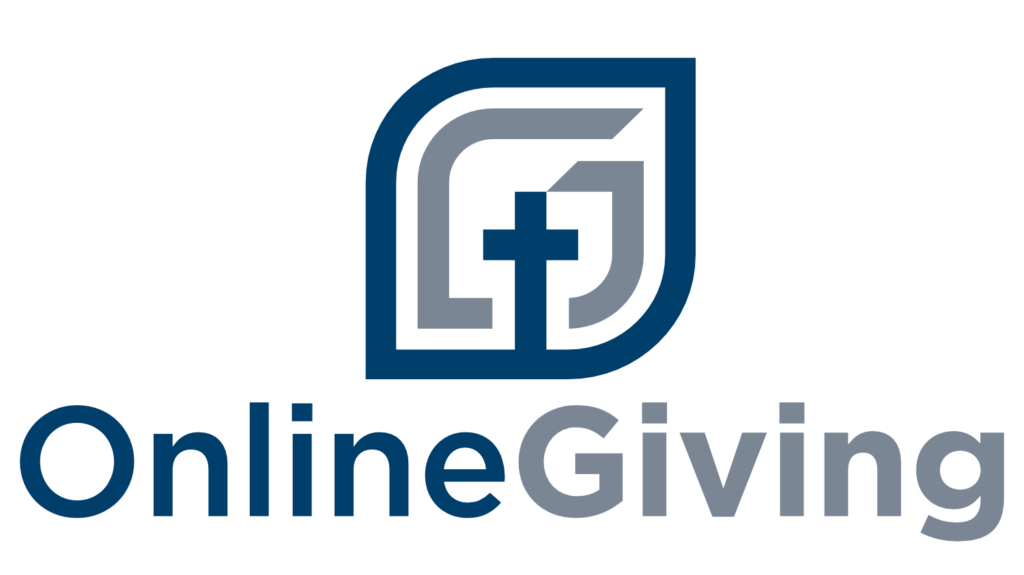
The average church member spends one and a half hours at church, including worship. I remember seeing that statistic a few years before the Chinese virus hit our shores. Post-COVID studies are showing an even greater decline in church engagement and attendance. This is why, when raising capital dollars, one of a pastor’s greatest tools is The Power of the Pulpit. That is the title of this Coach. As I continue my series on capital campaign planning, I want to focus on using the pulpit during your campaign to communicate the vision God has laid upon your heart.
We indeed learn more from our mistakes. Here is a lesson from my past. I learned the value of preaching due to a mistake one of my clients made in preaching. In my first year as a stewardship consultant, my company sent me to Houston to work with an independent church. After our initial planning meeting, the pastor preached twelve weeks in a row on tithing and, on the thirteenth week, asked his congregants to pledge to the capital campaign. His members were worn out by the time of the commitment and raised far less than they had hoped for. Up until then, I had left preaching to the pastor. From then on, I realized I needed to help pastors plan, pray, and think through their preaching schedule.
Let me start with a few thoughts I now share with pastors about preaching. When preaching a series during a capital campaign, …
You must know the difference between a stewardship series and a capital campaign series. In a stewardship series, your goal is to get people to begin the generosity journey by learning how to become a good steward of what God has entrusted to them. This should be a regular part of a church’s discipleship process. My recommendation would be to preach a yearly stewardship series to help you disciple your members on the importance of being a good steward. Churches that take this path always see a better result in a capital campaign as they have sown the seed of generosity ahead of time.
In a capital campaign series, you’re leading members on a spiritual journey to consider a sacrificial over and above the tithe gift to support a particular project. You want to show the importance and impact of giving to your campaign.Just like the offering talk, connect the dots for them. I call this the connecting power of vision.
Thus, the theme, objectives, and even the content of the biblical passages used will be different. One of the biggest mistakes pastors make in capital campaigns is preaching a stewardship series instead of a capital campaign series. Knowing the difference and avoiding this mistake will improve your campaign results.
Your preaching series is not about money but faith, sacrifice, and commitment. What? I know you need a chunk of change to do anything building or renovation-wise. Yet, if your goal is raising money, you will fail. If your goal is to help your people get involved in what God is doing, you will succeed, and you will raise more money.
I once worked with a pastor who got up and explained to his leaders that the upcoming capital campaign wasn’t a fund-raising campaign; it was a faith-raising campaign. I have used his statement ever since! In a fund-raising campaign, I look at what I can afford to give. Faith is seldom a factor. A commitment to a church capital campaign should be an act of faith in response to God’s prompting.
A capital campaign done correctly will result in a renewed spiritual passion for all those who take the journey. I have actually seen revival break out in a church as a result of the capital campaign because people were called to action, got on their knees, and encountered God! If your focus is on money, you will miss the spiritual benefits of calling people to prayerfully consider what God wants from them. God doesn’t need your people’s money. He wants what it represents: their hearts. So, if you have not already, start now thinking about your next giving series.

Mark Brooks – The Stewardship Coach
mark@acts17generosity.com

OnlineGiving.org, the leading online giving processor in America, sponsors my writing. Find out more about their services at https://www.onlinegiving.org/.


